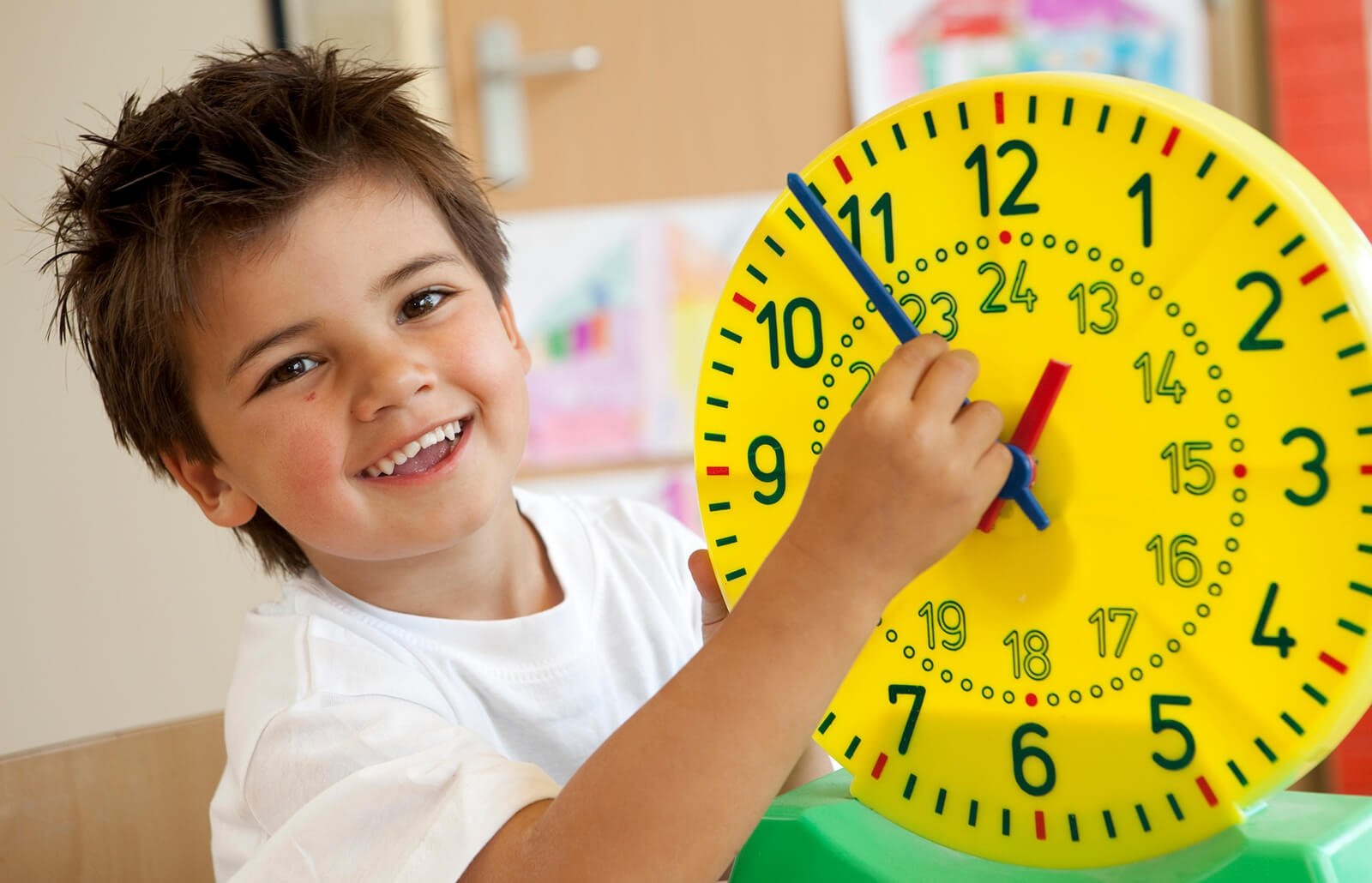How to Help Your Child with Homework?
Studies confirm the importance of educating the child at an early age by introducing them to education centers for their age until the time comes for the child to enter school.
Private educational centers and schools are concerned with developing the child's sense of responsibility to care for themselves and help others if needed. Education is essential for the child's mental, psychological, and social development as well because the child is the future of humanity, and education is what will give them freedom and will protect them from the difficulties of life because it will enable them to work in the future and rely on themselves.
Parent's interest in their children's education was still great, even though it is exaggerated at times. We find that some students' parents quickly know what lessons the child took in school immediately after returning, and they also ask them to rush to solve the duties. Hence, the child grumbles, complains about their studies and tries to evade various means. Therefore, parents must know the methods and mean that enable them to help their child to complete schoolwork, and this is what we will explain to you in this article.
Child's homework and its importance:
The phenomenon of schoolwork is rooted in our culture and is not limited to a certain age stage. The teacher used to assign students some work and exercises to carry out at home and then submit them to the teacher the next day. Despite the complaint of many of this phenomenon, whether teachers, students, or parents, it continues to the present day because it carries many benefits, most notably the following:
1. Enable the teacher to know the extent to which the student understands the lesson:
It ensures the soundness of their method of explaining the information. Also, it enables them to know the level of intelligence and interest of each student, assess each student's progress and know their strengths and weaknesses.
2. Problem-solving skills:
Homework is a way to motivate the student and increase their ability to think and find solutions when exposed to a problem, and thus help build their self-confidence as it increases their ability to assume responsibilities.
3. Improve students' educational achievement:
The student’s practice of this type of exam increases the possibility of their excelling in the final exams. If the student gets used to solving problems in absentia, they become faster and more accurate and learn from their mistakes every time.
4. Help to organize time:
Students get used to organizing their work and time daily after returning from school, as doing homework requires particular time.
How to help your child with homework?
The World Health Organization conducted studies confirming that 34% of males and 25% of females who have reached the age of 11 consider homework as a heavy burden. It confirmed that these percentages increase with age to 60% for males and 70% for females aged 15 years. Based on the above, parents must help their children accomplish these duties to alleviate their distress and fatigue.
Here are some ways to help your child do their homework:
1. Avoiding Aggression:
We start this way because it is the most important, whether it is aggression in the form of screaming or beating, as their impact on the child is not temporary. Instead, it results in a weak personality. Aggression leads the child to become aggressive with others, forming a hateful relationship between them and the causes of aggression practiced by their family. Then it is natural that the child hates school and enters into a bad psychological state when assigned school duties.
2. Child Time Management:
The child must get used to having a dedicated daily time to sit to start doing their homework in a way that does not affect rest and sleep times. One of the mistakes parents make is asking their children to do their homework immediately after returning from school. The correct action is to leave the child to eat lunch and then give them a little time to rest before doing their homework. To motivate them, a weekly schedule can be prepared with the participation of the child and color it in colors that they love and then hang it in their room to get used to the system.

3. Allocating a Corner for the Study:
It is wrong for the child to sit alone in their room and solve their duties. This is what is most boring in themselves. Therefore, it is preferable to allocate a place in the house in one of the common rooms, such as the sitting room, for example, and put a table with all the study supplies so that the child does not interrupt their study every time they need some tools, and decorate the place with posters that encourage the study, provided that the place is quiet and away from the noise of visitors or the street.
If there is more than one child in the house, you should avoid quarrels between them, so different times are allocated to study and solve homework if it is not possible to prepare two corners of the study.
4. Keep Away from Technology:
The child must be kept away from various distractions, especially technology. Still, it is necessary to allow the use of the computer or mobile phone when they need to search for something or when they want to contact a friend to make sure of certain information. Of course, all of the above is under the supervision of one of the parents exclusively. The child can not be believed directly because their use of mobile phones may be an argument to waste time, avoid school, and solve schoolwork.
5. Help Only:
If you are keen on your child's future, keep away from doing homework on their behalf. Instead, give them enough time to do their homework on their own, and if they can not, help them by providing some advice calmly, and if the child is in the first year of school, help is by reading with them until they learn how to pronounce and write correctly.
6. Not Judging the Child:
Sometimes, parents think that the child is not doing their best and is trying to understand the assignment and memorize the lessons. Still, the truth is that the child may have yet to understand the lesson when the teacher explained it, especially if it is a lesson in English, so do not get angry quickly, but find the weakness. If you can not do this alone, you can talk and explain the problem to the class teacher if possible to them. The teacher may give you a way to communicate the information to the child and may do it the next day.
7. Take a Short Break:
If the child stumbles and makes mistakes several times, it is not considered a disaster, but it must be left for some time to refocus. For example, they should go out to the garden a little to breathe fresh air or go to the kitchen, eat some sweets, and talk to them about something far from their study.
8. Child Praise:
Talking to others about your child's weaknesses or mistakes is unnecessary when doing their duties. The child considers them an exposure of their secrets and a kind of betrayal, which inevitably causes their dislike for the study. Therefore, always raise your child's morale by talking about the positives only as a motivation to become more motivated to study to prove the worthiness of the praise they received.

9. Turning Homework into a Game:
Fun can be introduced to the study, and some calculations and mathematical problems for children in the first three years can be solved by playing and using tools and games that stimulate the completion of various problems.
10. Expectations Must Be Reasonable:
Drawing big dreams causes disappointment later, so always remember that the goal of schoolwork is to develop good school habits and build the child's personality cognitively and psychologically, so do not think that the child is always able to solve the duties and understand what is required of them, and do not think they are always able to read correctly or write in an ordered line. The child in the early school years needs more time to write or read, and the marks they receive are not a standard of intelligence as many parents believe.
11. Avoid Offering Bribes:
Avoid promising your child money or giving them a gift every time they do their homework so that the goal of doing homework is not to achieve gains. Still, you can give random gifts to the child without a specific date or planning in advance to express your pride in them and their activity and commitment to studying their deadlines.
In conclusion:
Homework is one of the methods that have been followed since ancient times to promote education, develop the child's skills, and build self-confidence. It is also a way to know the extent of the student's understanding of the information the teacher explains and the extent of their attention and interest in school. Still, it is also a problem for many students, as it causes psychological fatigue.
Therefore, parents must help their child to overcome this matter, and this can be done by first staying away from the aggression of screaming and beating, allocating a corner to study at home, and equipping it with all study supplies. Also, the child's time must be organized so that the study time does not conflict with rest and sleep time, and it is necessary to avoid technology and distractions and avoid providing bribes in exchange for study.
To motivate the child more, they can be given time to rest when necessary and can turn some of the duties of the game for easy completion, and always remember that your child needs your praise and attention, so do not make bad judgments and be sure to raise their morale.